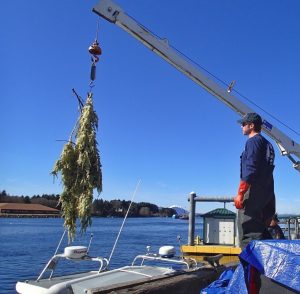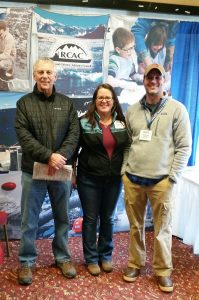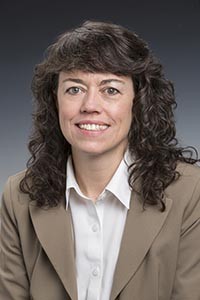
At 17, Davin Holen left his home in the woods outside of Wasilla, Alaska, to travel the world. He lived and studied in South America and Europe for several years before joining the Peace Corps, where he ended up in Mali, West Africa, living in a small mud hut on the edge of the Sierra Desert with his wife, Cara.
“No running water, no electricity. It was like camping in the desert for two and a half years,” Holen says.
Holen’s experience in Africa sparked a curiosity about human culture that has turned into his life’s work.
“I was really interested in people’s interactions with the environment, especially in a subsistence economy.”
He realized that even though he grew up in Alaska, he did not know much about the cultures in his home state. He returned from Africa and enrolled in the Master’s program at the University of Alaska Anchorage in Applied Cultural Anthropology. The department was brand new, and Holen was its first graduate.
After earning his degree, he went to work for the Alaska Department of Fish and Game’s Division of Subsistence, working his way up from an internship to program manager over 15 years. Holen assessed subsistence harvests all over the state, from Southeast Alaska to the Arctic. He tried to understand and document these fisheries, in order to anticipate problems that could arise, so he could find ways to address upcoming expected needs.

